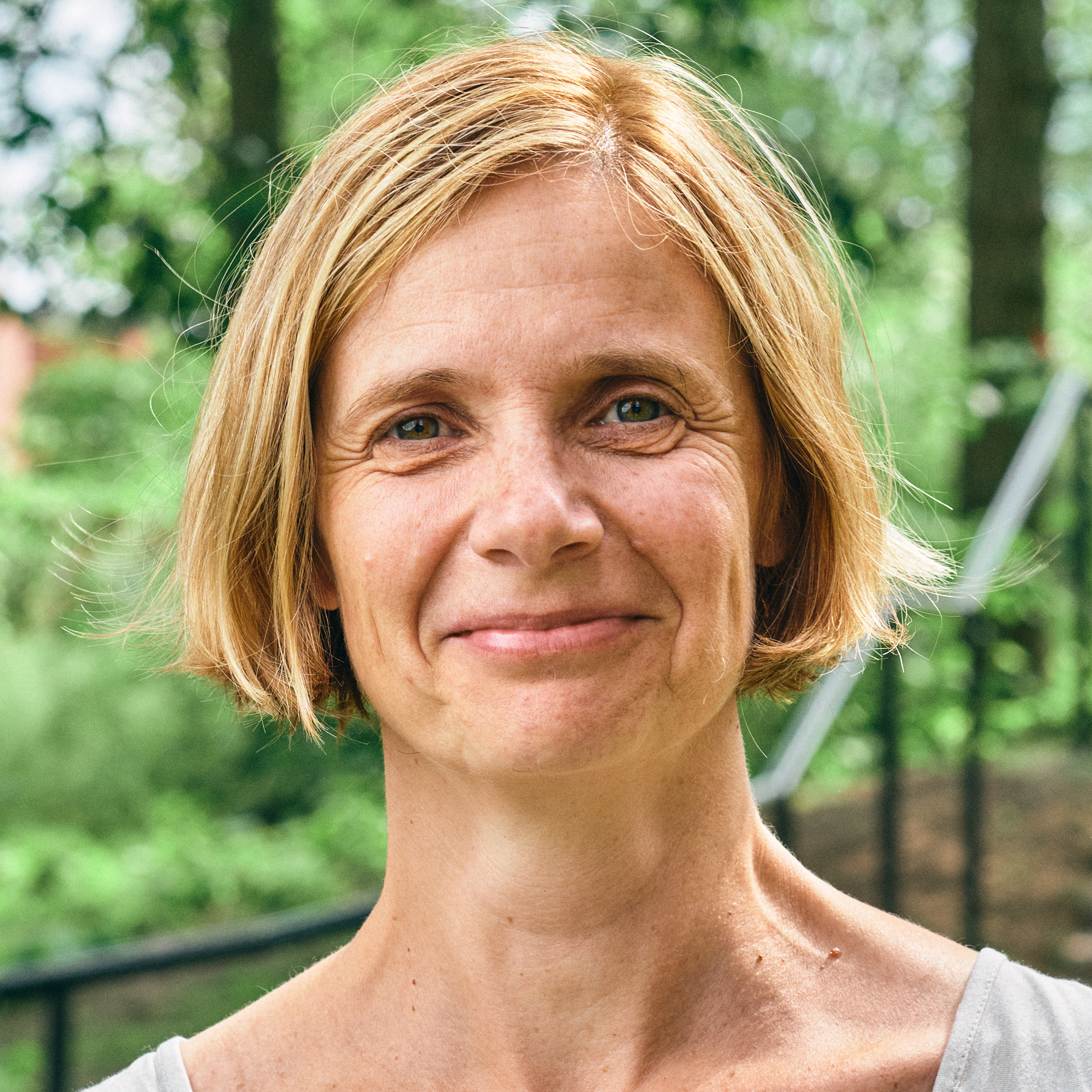We talked to Viktoria Fodor, Professor at the Division of Network and Systems Engineering, KTH Royal Institute of Technology and PI of research project Decision-making in Critical Societal Infrastructures (DEMOCRITUS) at Digital Futures.
Hi there, Viktoria Fodor, you are the PI of DEMOCRITUS – one of the collaborative research projects at Digital Futures.
What are the challenges behind this project?
– Our society utilizes large and complex infrastructures that are critical for our everyday life. These are for example built infrastructures, like road and railroad systems, water distribution networks, electrical grids, as well as wired and wireless communication networks. The maintenance of many of these infrastructures is still based on manual inspection, which means that emerging problems are not always noticed or are not noticed on time.
What is the purpose of DEMOCRITUS?
– In the project DEMOCRITUS, we work towards the digitization of the maintenance, that is, monitoring, decision-making and control of large infrastructures. Our hypothesis is that there are common engineering principles that can be followed, even if these infrastructures have very diverse characteristics. Decision-making theory based on machine learning over networks could be a good name for this emerging research area.
There are several challenges to be addressed. The physical systems to be monitored are complex, which means that it is challenging to build mathematical models that give a detailed enough, but still tractable description of the system. At the same time, it is not straightforward either how to extend data-driven, machine learning-based solutions to these scenarios, as they are characterized by large, distributed datasets. Moreover, we face significant resource limitations. Most often, the communication resources are strongly limited, but sometimes, like in the case of water distribution networks, the measurements themselves are costly as well. We also need to consider the safety and security requirements, which are very strict in the case of societal systems.

How is the workgroup organized and who participates?
– To address all the challenges, the project has participants representing different theoretic areas and engineering approaches, from KTHs School Electrical Engineering and Computer Science and School of Engineering Sciences, from Stockholm University and from RISE. We collected experts in the areas of machine learning, networking, control, and security, some with a focus on theoretic research based on optimization, control theory, and stochastic modelling, some with expertise in experimental research.
Mention some interesting findings/conclusions? Anything that surprised you?
– It is astonishing how differently we see what the research challenges are in this quite well-defined area. The project participants are electrical engineers, computer scientists and mathematicians, but with rather distinct areas of expertise. We have very different views on what the most important scientific challenges are, and how these should be addressed. We see that this diversity can lead to significant impact because in the state of the art we do not see solutions that combine all these areas in a coherent, comprehensive way.
What is the next step? What would you like to see happen now?
– In addition to the first theoretic results, we are defining a common experimentation platform in the project, where all the contributions can be integrated in a flexible way. The framework will integrate simulators or emulators of the physical infrastructures, communication networks, and decision-making modules. Such a platform can make the evaluation of the new ideas easier and faster, so that we have more time for theoretic work, and at the same time it gives a good tool to demonstrate our results for various stakeholder groups. At the same time we are still recruiting PhD students for the project. As PI, am looking forward the time when all the students are here and we can form a research group that they all feel to be part of.
Read more and watch the video about the DEMOCRITUS project here
Link to the profile of Viktoria Fodor





